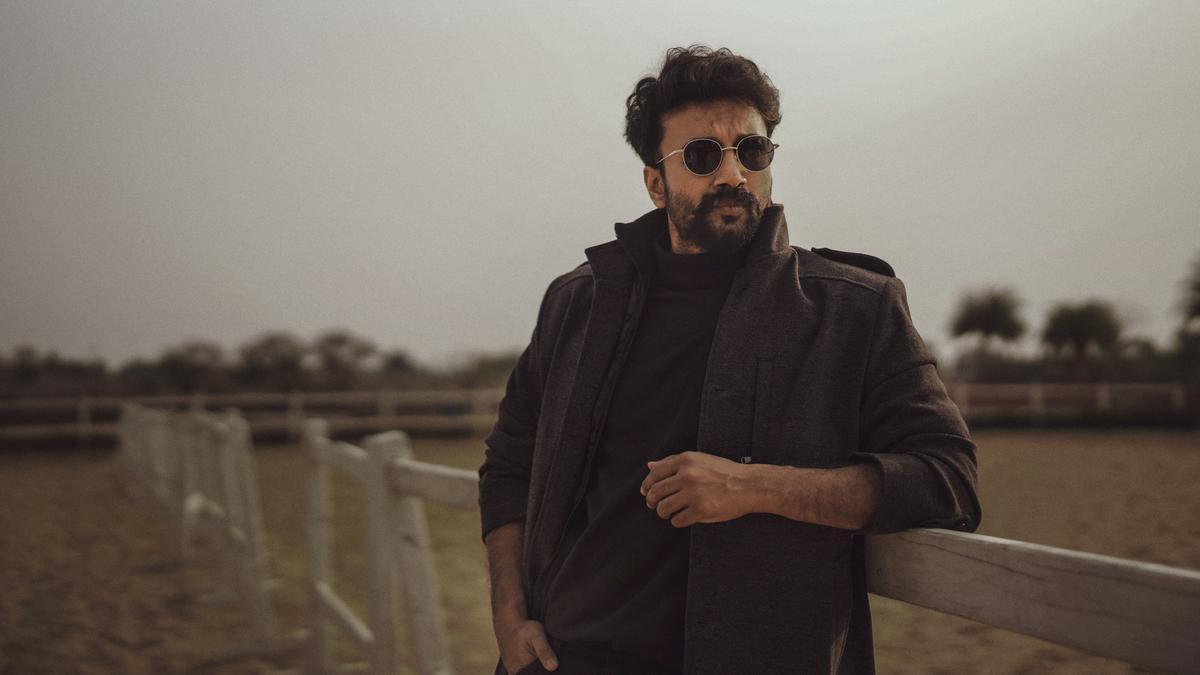
Amidst the glitz and glamour of the world’s most revered film event, the Cannes Film Festival, Indian filmmaker Payal Kapadia’s narrative masterpiece ‘All We Imagine As Light’ has broken new ground by being the first Indian title in over forty years to make it into the elite In Competition section, with eyes set on the esteemed Palme d’Or prize.
With pride swelling in the Indian film community, the announcement came as an exhilarating moment during the live-streamed press conference from Cannes, France. Iris Knobloch, president of the festival, alongside General Delegate Thierry Fremaux, unveiled the much-awaited official selection for the next year’s paramount event.
‘All We Imagine As Light’ stands tall amongst nineteen other venerated titles in the main segment, rubbing shoulders with creations from iconic filmmakers such as Francis Ford Coppola with ‘Megalopolis’ and Yorgos Lanthimos presenting ‘Kinds of Kindness’. The distinguished slate of competitors in this grand cinematic showdown also includes ‘Oh Canada’ by Paul Schrader, Andrea Arnold’s ‘Bird’, David Cronenberg’s ‘The Shrouds’, and ‘Anora’ by Sean Baker.
A graduate from the Film & Television Institute of India, Kapadia is no stranger to the Cannes landscape, her documentary ‘A Night of Knowing Nothing’ having been acclaimed with the Golden Eye award in the Director’s Fortnight section of the 2021 festival. ‘All We Imagine As Light’, charting her foray into narrative features, also bears her stamp as a writer.
The film unfurls the tale of Prabha, a nurse thrown into a whirlwind when an unexpected gift from her estranged husband arrives. Parallelly, Anu, her younger roommate, struggles to carve out a sliver of private space in the vast city to share moments with her beau. A trip taken by the pair to a coastal town sees a mystical forest transform into a canvas for their dreams.
Luminaries from the Indian film fraternity, such as writer-lyricist Varun Grover and the Cannes regular Anurag Kashyap, were quick to laud the landmark selection. Grover, riding high from his directorial debut ‘All India Rank’, celebrated the moment as monumental for Indian cinema, marking an event so rare it defines a generation. Kashyap’s congratulations were visually complemented by his Instagram Stories snapshot, capturing the quintessence of national pride.
The last Indian film to have sought out the Palme d’Or was Mrinal Sen’s ‘Kharij’ back in 1983, with India’s storied cinematic history at the festival painted by classics from M. S. Sathyu (‘Garm Hava’), Satyajit Ray (‘Parash Pathar’), Raj Kapoor (‘Awaara’), V. Shantaram (‘Amar Bhoopali’) to Chetan Anand (‘Neecha Nagar’)—the latter being the sole Indian film to claim the luminary honor at Cannes in its 1946 inception, known at the time as the Grand Prix du Festival International du Film.
The 77th edition of the festival also beams the spotlight on British-Indian filmmaker Sandhya Suri for her film ‘Santosh’, presented under Un Certain Regard. Competing with fourteen other movies, this Hindi noir, starring Shahana Goswami and set in India’s hinterlands, is the fruit of a U.K.-European collaboration.
Kickstarting the festivities at this celebration of global cinema is Quentin Dupieux’s ‘The Second Act’, headlining the festival which intends to shower audiences with cinematic marvels between May 14 and May 25.
This surge of artistic talent onto the prestigious Cannes stage seamlessly stitches together the threads of Hindi, English, and World cinema into a vibrant tapestry, promising eclectic narratives and diverse perspectives, reinforcing the festival’s legacy as a purveyor of global creative excellence.










